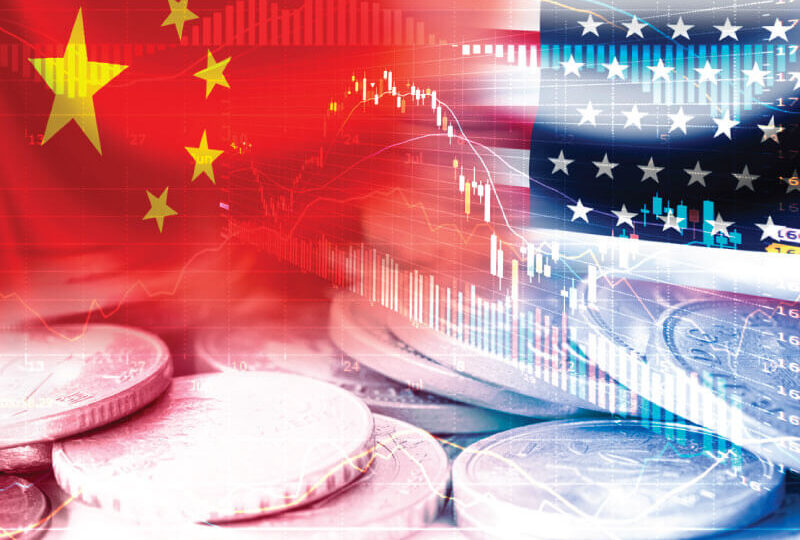
Tariffs On China Paused for Another 90 Days
On August 12, 2025, the U.S. announced another 90-day pause of tariffs on China. While the global economy breathed a sigh of relief, the question still remains: what does this mean for U.S. importers?
How Are Importers Affected by the Tariff Pause?
The new 90-day tariff pause is good news for U.S. importers. It started just hours before China’s reciprocal tariffs were supposed to take effect. This would’ve resulted in an astronomical minimum rate of 145% on all imported goods from China.
Thanks to the pause, the rate on Chinese products remains at 30%. To be fair, this rate is still quite high. The 30% rate is the result of a combined 10% baseline and 20% fentanyl tariff.
On November 10th, the current pause on Chinese tariffs will come to an end. If this happens, U.S. importers will once again be in danger of paying a 145% rate.
What Are China and the US Doing To Resolve the Issue?
Leaders from both nations have met on numerous occasions, and the current tariff pause is largely thanks to talks that took place in Geneva, Stockholm, and other locations.
Both countries now have the time to hold further discussions regarding their economic policies toward one another. However, it seems like any agreement that does materialize will be coming near the end of the 90-day hold. The U.S. trade team has said it won’t be meeting with Chinese officials for another two or three months.
Fortunately, U.S. economists widely agree the impact of tariffs hasn’t been completely felt by U.S. importers and consumers as of yet. This is largely due to various firms building up their inventory earlier in the year to mitigate high tariffs.
R+L Global Logistics Stands Ready To Support US Importers
Here at R+L Global Logistics, staying up-to-date on the current state of the international trade environment is just one of our many responsibilities. We understand how quickly tariffs and regulations can change.
Keeping track of all these alterations can be a nightmare for importers. Our experts offer them support to ensure they follow all the correct protocols and pay the right duties for their imports.
